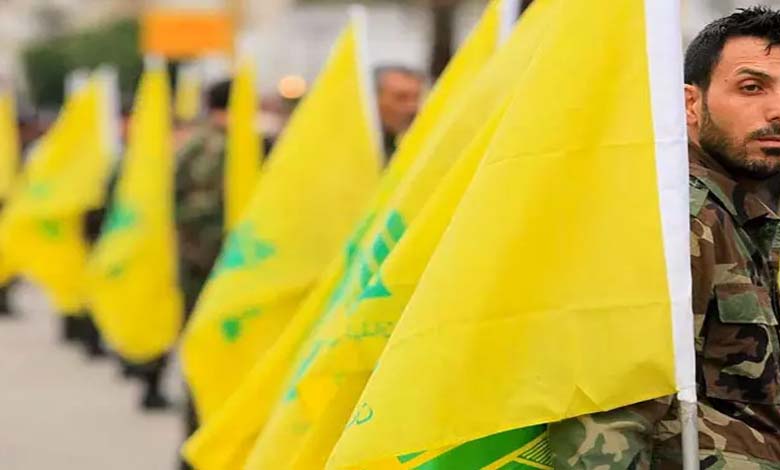Multi-front conflict or de-escalation… Scenarios of escalating tension between Hezbollah and Lebanon
Lebanon escalating tension between Hezbollah and Lebanon

The border region separating Israel from Lebanon is a beautiful part of the Middle East, where small green villages are unusually perched on sloping hillsides, overlooking deep valleys that stretch for miles around. However, the rural scenery is deceptive, as these borders have long been a source of tension and an exacerbation of the fragile situation in recent months.
The area surrounding the border in southern Lebanon is under the control of Hezbollah, an Islamic group supported, armed, and financed by Iran.
Warfare status
According to the British network “Sky News,” hundreds of barrels painted in the blue color used by the United Nations to demarcate agreed-upon borders stretch along 120 kilometers of the Mediterranean Sea in the west, over the hills and up to the Golan Heights in the north. United Nations peacekeeping forces patrol the border region, while Israel is building a new concrete barrier on its side of the border to protect neighboring villages and provide an additional layer of defense.
Hezbollah is much more capable and better armed than other regional Islamic groups like Hamas and Islamic Jihad. Its fighters have gained modern combat experience in Syria.
The last time Israel and Lebanon engaged in conflict was in 2006, but with no ceasefire agreement in place, they officially remain in a state of war, speaking of “mutual deterrence,” under the assumption that a new war would be extremely bloody for both sides.
Mutual accusations
Lieutenant Colonel Richard Hicht, the international spokesman for the Israeli Defense Forces, said, “Hezbollah elements have been fortifying themselves and building their forces since 2006 with advanced missiles that can reach Tel Aviv.”
He added, “Long-range and precise missiles are positioned amidst its population in southern Lebanon; it’s a significant show of force that is concerning.”
At present, both sides closely monitor each other across these borders, watching every move the other side makes. A few weeks ago, the yellow flag of the Islamic group was provocatively raised near the fence; it’s just a flag, but it’s also a sign that Hezbollah is feeling increasingly bold.
Both sides regularly accuse each other of violating their territories, with Israel conducting regular aerial incursions into Lebanese airspace without permission to strike Iranian targets across the border in Syria. Both sides claim the Ghajar village in the north, even though Israel currently controls it.
The British network noted that Hezbollah recently erected two military-style tents on the Israeli side of the Blue Line and refused to move, prompting Israel to request United Nations intervention. In March of this year, an armed individual crossed from Lebanon into Israel and detonated a bomb on the roadside about 35 miles inside the border. Only one person was injured, but it could have been much worse, and it’s unclear who ordered this attack. In April, a barrage of rockets was fired at northern Israel, and despite blaming Hamas factions, it’s unlikely they acted without Hezbollah’s knowledge.
Last week, Israel unveiled satellite images of a runway under construction in southern Lebanon near the border, allegedly built with Iranian funds.
Escalating tensions
The network noted that amid Lebanon’s internal problems, the economy is experiencing one of the worst periods of hyperinflation in global history. Repeated attempts to appoint a new president have failed, and there are frequent fuel shortages and power outages. Many middle-class and upper-class individuals are fleeing for better conditions abroad.
From Israel’s perspective, a war with Hezbollah is unlikely to be confined to Lebanon alone, and it’s possible that Hamas from Gaza may become involved, using its factions in the West Bank as well. A multi-front conflict would be extremely dangerous and challenging to contain.
Despite increasing talk of another conflict, there are some small positive signs. Last year, the United States mediated an agreement between Israel and Lebanon to establish maritime boundaries in the Mediterranean Sea, allowing both countries to begin exploring a gas field along those borders.
Israeli leaders meet with their Lebanese counterparts every four weeks or so, with the assistance of the United Nations.
A senior Israeli commander said, “If we attack Hezbollah, we will destroy Lebanon,” and he may be right, but Hezbollah will not be easily defeated.












